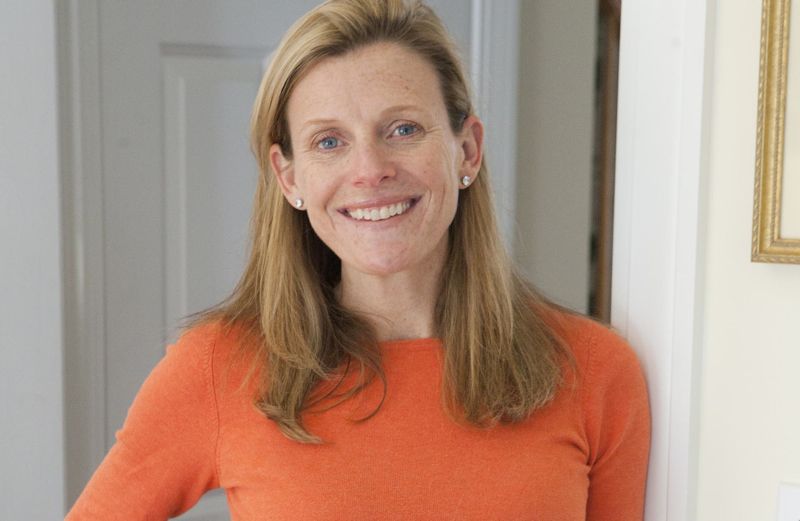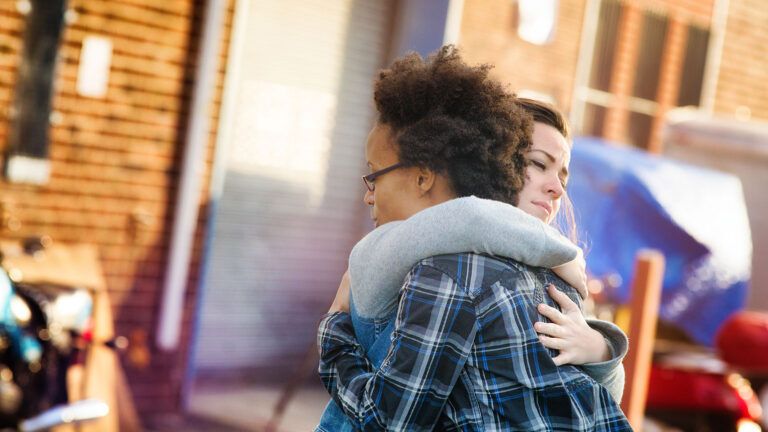Loss. It can be tragic. It can be immediate. It can be prolonged. It can be anticipated. It can cause a small twist in life’s road or it can lead to a dramatic redirection. Loss. It is a part of living.
Grandpa Peale wrote, “There is no bright or easy philosophy that will shield a person from the necessity of meeting sorrow’s cold, hard weight at some point in life. So, we must be prepared to meet it when it comes” (from his booklet What to Do When….How to Handle Life’s Difficulties).
As I have mentioned, I work as a clinical social worker in the crisis intervention unit at a hospital. It is essentially an ER for mental health issues. We, as clinicians, also work with patients in the ER, ICU and other areas of the hospital in which people face the ultimate loss, the death of a loved one.
Whether the death comes after an extended illness or a tragic accident, pain, shock, sorrow and emotional confusion are present and will continue to rear their heads as time moves on. We have all experienced loss in one form or another and we have witnessed others experience loss. No path of mourning is the same.
The uniqueness of each of us as individuals makes the process of healing unique too, but what we do know is that similar emotions will be felt. I believe this is what Grandpa meant when he said, “We must be prepared to meet it when [sorrow’s cold, hard weight] comes” to us.
Loss does not always mean death. It can be the loss of a relationship–familial, intimate or friendship. The loss of a job, integrity, status, hope, financial security or mental or physical capability.
Loss is one of the heaviest crosses we must bear in this life and with each loss, we have the opportunity to grow in insight and fortitude in order to face the next one with a stronger foundation.
My fraternal grandfather died when my father was 11 years old. Grandfather Allen served in World War I and developed tuberculosis as a result of exposure to war gases.
My father spoke of his father as a hero. He told us how Grandfather Allen, despite his respiratory limitations, would play catch with him in their backyard in Scarsdale, New York. Simple, yet deeply meaningful father-son moments that my father carried with him throughout his life.
He lost his father, and a lifetime of memory making and relationship building with him. Painful beyond words, in my opinion. Yet, because of this great loss, my father always understood the preciousness of every day and the joy of being a parent to his six children. This was a gift to each of us Allen children.
Joy from loss? Well, I believe my father took the magnitude of his loss and put it into joyful living. Not easy, but possible.
Loss is a part of the human experience. Some of us are hit more harshly than others, but we all must face, at various points in our lives, the challenge of it.
Grandpa Peale, in his writings, went on to say, “In times of grief and sorrow, remember this: Your agony is not permanent.” God is with us in our grief, and his kindness and sympathy are always ours, he noted. “When you feel utterly crushed by the tragedy and sorrow of life, feel God’s kindly presence renewing you. God is near; be at peace.”
These words are helpful to me. Simple, real, and relevant. I am so grateful to the Guideposts Foundation for providing Grandpa’s writings to millions of people around the world who are facing every kind of loss life has to offer.
Thank you to all who support the distribution of these materials and booklets to every corner of the world. You are caring for people in ways for which my grandparents would be so grateful. Thank you.





